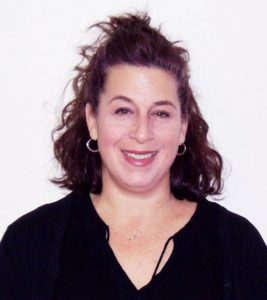
1. What is your role/position with NHCLV and which location do you work at? How long have you worked for the organization?
I am a Certified Registered Nurse Practitioner and Board Certified Family Nurse Practitioner. I have been at NHCLV since January 2019. I work at the Easton location.
2. Why do you think an FQHC is important in caring for members of the Lehigh Valley community?
The services at an FQHC are paramount to ensuring those with limited or no access to health care have somewhere to go. We work hard to ensure thorough care, keeping in mind the financial and social circumstances of our patients. We have programs to ensure cost is the lowest possible so people do not have to neglect their health just because of finances. We are also important for the depth of mental health services we provide as this is a very sensitive subject and people need to feel safe and have trust and confidence in the team who cares for them.
3. What’s the most important thing you have learned working for an FQHC?
For me, the most important thing about working at NHCLV has been my ability to obtain my special license for prescribing and caring for patients with substance use disorder. I have a great passion for partnering with these patients to help them with their recovery and creating stability in their lives. Everyone deserves respectful, non-judgmental care.
4. What do you love most about your job?
I feel very strongly about everyone’s right for good understanding and support related to mental health. Our population often has a lot of struggles with complex social histories. Mental health support and strength is so important, but very underaddressed and undervalued in our society. I find my patients are very thankful when we listen and show support for their emotional needs.
5. What one piece of advice do you have for patients when it comes to caring for their health?
My single most important piece of advice for patients is to learn and ask questions. Education about their health conditions is empowering for understanding the risk related to their diagnosis and how to care for oneself at home. Patients have a right to be well educated in a way that is understandable to them. Lay language with education and meeting people at their level of understanding is paramount. Write down questions at home as they arise to be better prepared at each office visit. I invite patients to share with their friends and family what we do, so more people can access our great programs and work with our dedicated teams.